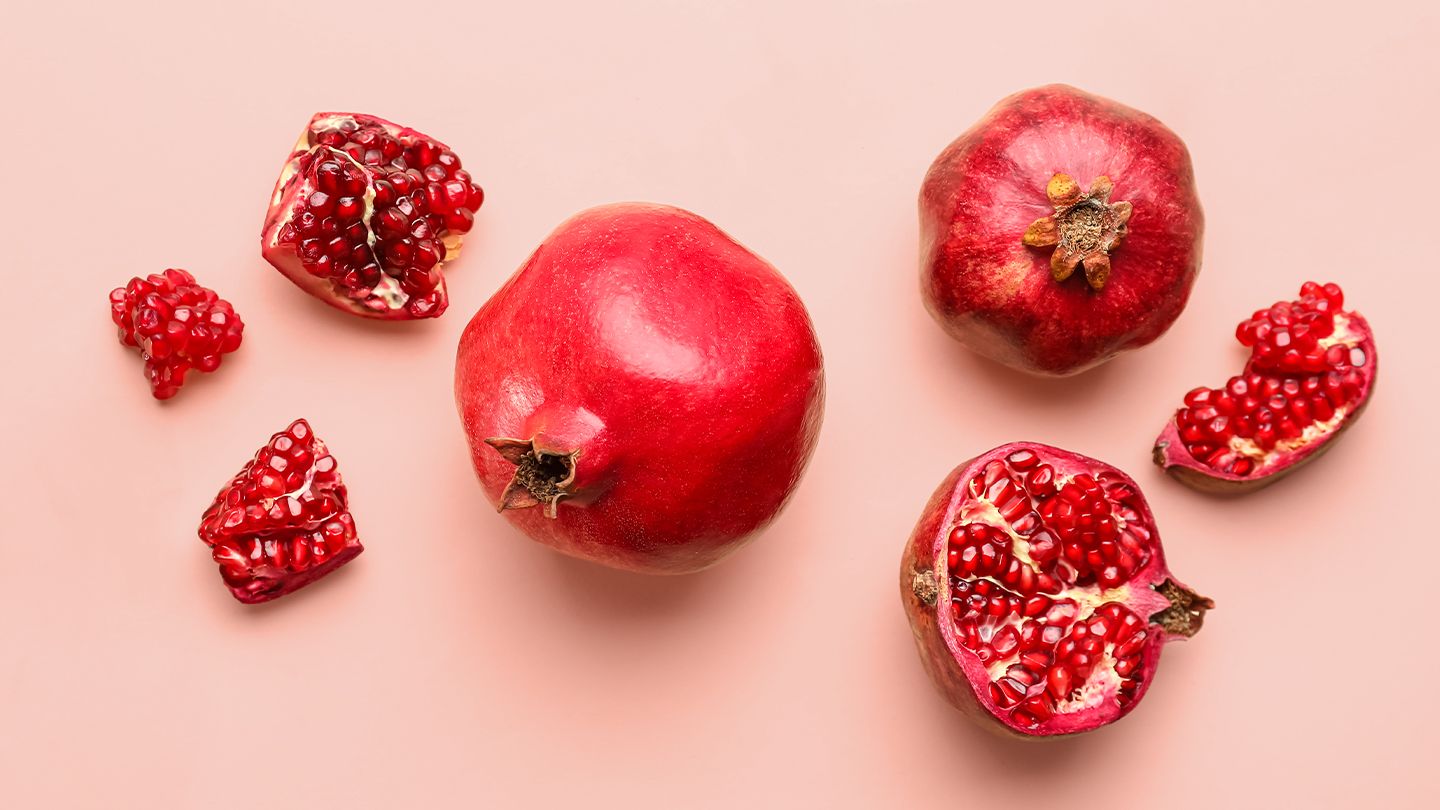Understanding the Ketogenic Diet
Before we dive into the specifics of orange squash, it's essential to understand the fundamental principles of the ketogenic diet. The keto diet is designed to put your body into a metabolic state called "ketosis," where it primarily relies on fat as its primary energy source instead of carbohydrates.
To achieve and maintain ketosis, individuals following a keto diet typically consume a very low-carb, high-fat, and moderate-protein diet. The exact macronutrient ratios can vary, but a common approach is to consume around 70-75% of daily calories from healthy fats, 20-25% from protein, and only 5-10% from carbohydrates.
The Nutritional Profile of Orange Squash
Orange squash, also known as pumpkin or winter squash, is a type of winter squash that gets its name from its vibrant orange flesh. It's a nutrient-dense food that offers a range of vitamins, minerals, and antioxidants.
One cup (205 grams) of cooked, cubed orange squash contains approximately:
- Calories: 76
- Carbohydrates: 21 grams
- Fiber: 6 grams
- Protein: 2 grams
- Fat: 0 grams
Carb Content and Keto-Friendliness
The primary concern when it comes to the keto-friendliness of orange squash is its carbohydrate content. With 21 grams of carbs per cup, it's considered a relatively high-carb food, especially when compared to low-carb vegetables like leafy greens, cruciferous veggies, and some berries.
However, it's essential to note that orange squash also contains a significant amount of fiber, which can help offset some of the carb content. Fiber is a type of carbohydrate that the body cannot fully digest or absorb, so it does not contribute as much to overall carb intake.
When following a ketogenic diet, the total net carb intake (total carbs minus fiber) is the most important factor to consider. In the case of orange squash, the net carb content is around 15 grams per cup, which may still be too high for some individuals trying to maintain strict ketosis.
Moderation and Portion Control
While orange squash may not be the most keto-friendly vegetable, it doesn't necessarily have to be completely eliminated from a ketogenic diet. As with most foods, moderation and portion control are key.
Smaller Portions
Instead of consuming a large portion of orange squash as a main dish, consider incorporating it into your meals in smaller quantities. For example, you could add a quarter cup of cooked orange squash to a keto-friendly salad or mix it into a stir-fry along with other low-carb vegetables.
Pairing with High-Fat Foods
Another strategy is to pair orange squash with high-fat foods, which can help balance the overall macronutrient ratio of your meal. For instance, you could roast orange squash cubes with olive oil, ghee, or avocado oil to increase the fat content and make the dish more keto-friendly.
Tracking Carb Intake
If you decide to include orange squash in your keto diet, it's crucial to track your overall carbohydrate intake carefully. Use an app or food diary to log the net carbs from orange squash and other foods to ensure you stay within your daily carb limit.
Alternatives and Substitutions
If you find that orange squash doesn't quite fit into your keto lifestyle or if you're looking for lower-carb options, there are several delicious substitutes to consider:
Spaghetti Squash
Spaghetti squash is a popular choice among keto enthusiasts due to its lower carb content. One cup of cooked spaghetti squash contains around 7 grams of carbs and 2.2 grams of fiber, making it a more keto-friendly option than orange squash.
Zucchini
Zucchini is another excellent low-carb option that can be used in place of orange squash. It has a mild flavor and can be roasted, grilled, or spiralized into noodles for a variety of keto-friendly dishes.
Cauliflower
Cauliflower has become a staple in many keto diets due to its versatility and low carb content. You can use it to create cauliflower rice, mash it as a substitute for mashed potatoes, or roast it for a tasty and nutritious side dish.
By exploring these alternatives and being mindful of portion sizes, you can still enjoy the flavors and textures of squash-like vegetables while staying within your carb limits and maintaining ketosis.
Conclusion
In conclusion, while orange squash may not be the most keto-friendly vegetable due to its relatively high carb content, it can still be enjoyed in moderation as part of a well-planned ketogenic diet. By practicing portion control, pairing it with high-fat foods, and carefully tracking your carb intake, you can potentially incorporate small amounts of orange squash into your keto lifestyle.
However, if you find that orange squash doesn't fit your personal preferences or carb limits, there are plenty of delicious and nutritious low-carb alternatives to explore, such as spaghetti squash, zucchini, and cauliflower. Remember, the key to success on any diet is finding a sustainable approach that works for your unique needs and preferences.
FAQs
What is the net carb content of orange squash?
One cup (205 grams) of cooked, cubed orange squash contains approximately 15 grams of net carbs (total carbs minus fiber).
Can orange squash be part of a ketogenic diet?
Yes, orange squash can potentially be incorporated into a ketogenic diet, but moderation and portion control are crucial due to its relatively high carb content. Small portions paired with high-fat foods can help balance the overall macronutrient ratio.
What are some low-carb alternatives to orange squash?
Some low-carb alternatives to orange squash include spaghetti squash, zucchini, and cauliflower. These vegetables have a lower carb content and can be used in various keto-friendly recipes.
How do I track my carb intake when including orange squash in my keto diet?
To track your carb intake, use a food diary or app to log the net carbs from orange squash and other foods. This will help you ensure that you stay within your daily carb limit while maintaining ketosis.
Can orange squash help me meet any nutritional needs on a keto diet?
Yes, orange squash is a nutrient-dense food that can provide essential vitamins, minerals, and antioxidants. However, it's important to balance these benefits with the potential impact on your carb intake and ketosis.
Disclaimer: This article is for informational purposes only and does not constitute medical advice. Always consult with a healthcare professional before starting any new treatment regimen.
Related Coverage
Pomegranate can be included in a keto diet in small 1⁄2 cup servings containing 8-15 grams of net carbs. Prioritize low-carb berries and limit high-sugar fruits....
Find out the detailed carbohydrate counts for different types of corn including sweet corn, popcorn, and corn on the cob. Learn how preparation changes nutrition....
With 10g net carbs per cup, delicata squash fits into a keto diet. See how it compares to other winter squashes and get delicious low carb delicata recipe ideas....
Learn about the carb and sugar content of Bud Light beer compared to Bud Light Platinum and Michelob Ultra for low carb keto diets. Get the facts on drinking alcohol while in ketosis....
Get the scoop on eating cabbage and coleslaw on a keto diet. Learn how to make low-carb coleslaw recipes and enjoy the health benefits of cabbage....
Atkins shakes can fit into keto diets in moderation. Learn how to incorporate them alongside nutritious keto foods, watch for excess protein, and supplement with healthy fats....
Follow this detailed guide to ordering keto-friendly meals at Texas Roadhouse. Learn the best low carb menu items, customization tips, nutrition resources, and more....
Learn all about the calories, fat, carbs, protein, vitamins, and minerals found in shredded cheese varieties. Discover the top health benefits and how shredded cheese fits into a keto diet....
Wondering which nut and seed butters are lowest in calories? We rank options from sunflower seed to pecan butter to help you make informed choices fitting your diet....
My Keto Care offers guidance, tools, and medical oversight to help implement ketogenic diets safely. Their system eases the transition to keto and supports long-term success....









